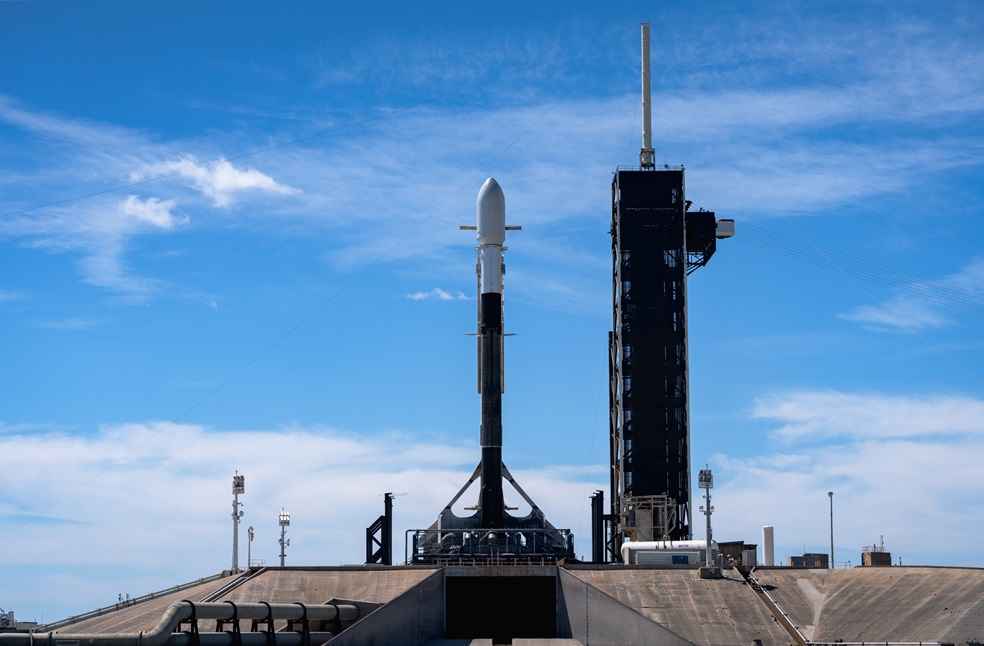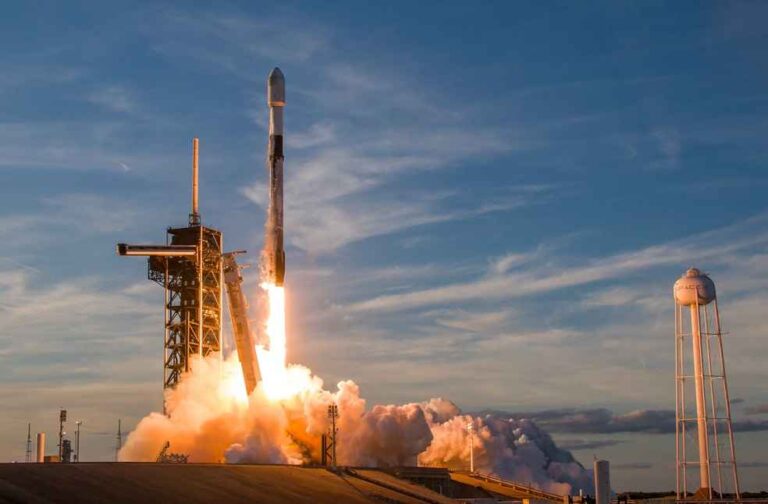Florida: South Korea has successfully launched its second military surveillance satellite just days after North Korea reaffirmed its intent to launch multiple spy satellites.
The National Ministry of Defence in South Korea confirmed that the satellite entered orbit after being launched on a SpaceX Falcon 9 rocket from the John F. Kennedy Space Center in Florida, United States.
Seoul’s military announced that the recent launch of a satellite boosted their independent intelligence, surveillance, and reconnaissance capabilities. The statement also mentioned that they plan to proceed with future satellite launches without any problems.

The statement further explains that the satellite successfully separated from the Falcon 9 rocket 45 minutes after launch and entered its designated orbit as planned. Two hours and 40 minutes after launch, the satellite established successful communication with a ground station, as reported by the ministry.
South Korea is planning to launch five military spy satellites by 2025 to boost its surveillance abilities amid rising tensions on the Korean Peninsula. This plan puts South Korea in a race with North Korea, which launched its first spy satellite, Malligyong-1, in November last year. However, North Korea has not released any of the photos captured by their satellite, which they claim transmitted imagery of key sites in the US, including the White House and the Pentagon.

In March, Pak Kyong Su, the Vice General Director of North Korea’s National Aerospace Technology Administration revealed that the country plans to launch several more reconnaissance satellites this year.
Kim Jong Un, the North Korean leader, previously stated his goal of sending three more military spy satellites into space by 2024. Shin Wonsik, the South Korean Defense Minister, announced that the first of those launches could take place as soon as next week, to coincide with the birthday of state founder Kim Il Sung.
This holiday, known as the Day of the Sun, is typically celebrated with mass ceremonies and military parades. North Korean satellite launches violate United Nations sanctions as they use banned ballistic missile technology due to the country’s nuclear weapons programme.



